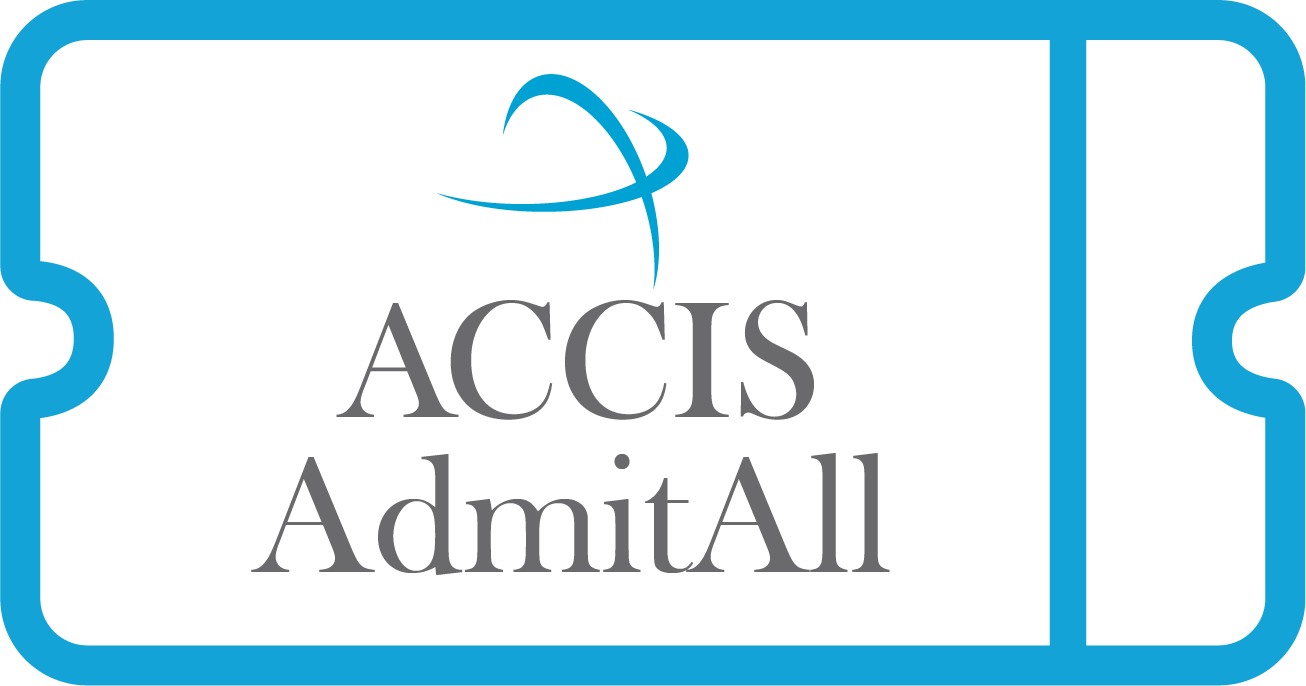The Property Brothers as a Metaphor for the College Visit

The Property Brothers as a Metaphor for the College Visit
Peter Jennings
Director of College Counseling
Concord Academy
For most college counselors, the demands of school year limit TV time, but everyone needs a little escapism: mine, I’ll confess, is Property Brothers. Aided by the twin skills of negotiating real estate deals and orchestrating a renovation, Drew and Jonathan Scott help families find and furnish homes.
Maybe this show isn’t complete escapism. After all, to observe the twins listen, assess the needs, and construct a plan, mirrors much of what college counselors do with their students.
However, there’s one part of the show I find highly problematic and a bit overblown. In order to convince clients that buying a new construction, turn-key house that exactly fits their criteria is unreasonable, they first bring clients to a perfect fit. We witness the buyers swoon for this particular property, but become crestfallen when Drew reveals that the cost of the house is well above the budget. Yes, the harsh reality the brothers present makes for effective TV drama, but this approach seems rather cruel. The look on the clients’ faces beg, “Why are you showing us this dream home, if there’s no way we can afford this?”
College visits share a parallel path with home buying. Done well, such visits represent an important step toward the end goal. But is there a way to avoid the disappointment, shock, and discouragement of the Property Brothers approach when visiting college campuses?
With the billion-dollar industry that represents college marketing, finding dream college match is relatively easy. A far more difficult task is finding a likely school. When college counselors suggest “visit your likely schools first” parents typically ask, “How do we know what colleges are likely?” National admit rates are a good place to start.
Rather than “likely,” some college counselors use the nomenclature “foundation school.” This term implies that an aspiring applicant should begin with a solid base, and then work to the schools that are far more aspirational.
When visiting colleges, also consider these frequently shared tips:
1) Spend time on campus beyond the admissions office. Look at bulletin boards in the student center and explore academic spaces.
2) Don't overstuff an itinerary with too many campus visits.
3) Explore the local area around the campus.
Most importantly, though, I’d argue the best advice is to build a foundation of confidence by exploring colleges with higher admit rates first. While the Scott brothers will inspire you to consider appropriately matching your college criteria and hopes with a perfect campus, don’t allow drama, shock, and disappointment into your first campus tours. When you set aside the worry and concern about “getting in” during your initial visits (and even how to afford college), you will become a more discerning consumer of college programs and their real estate.
